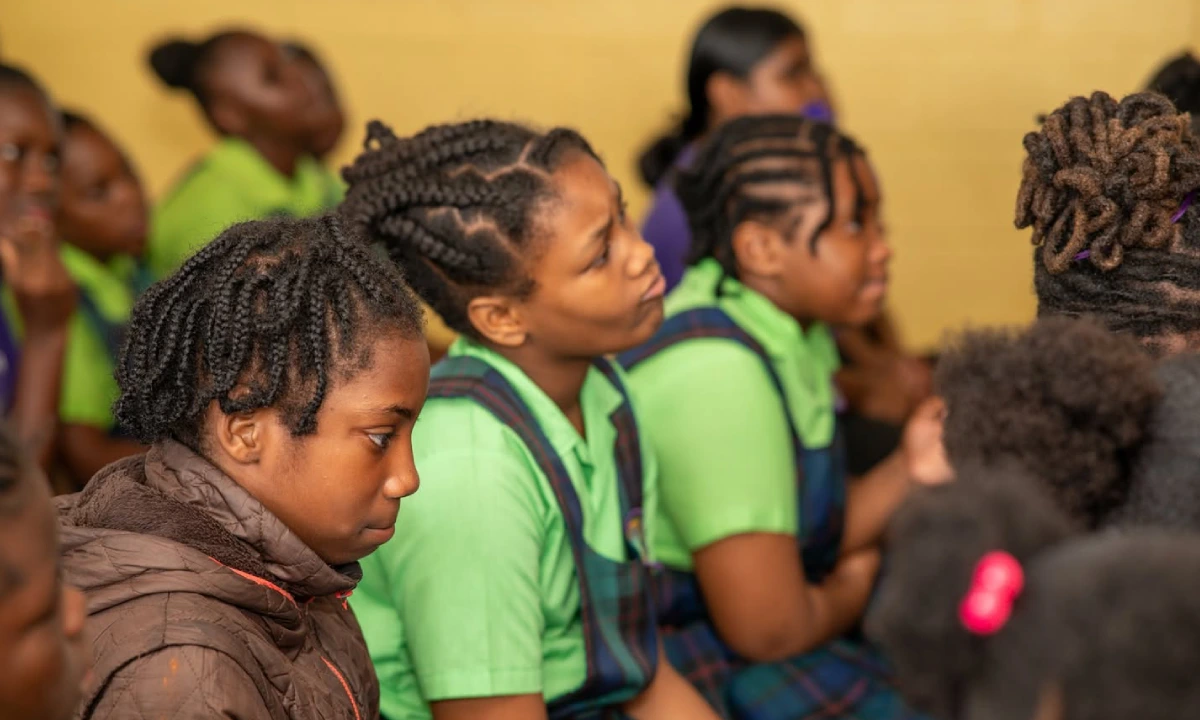Menstrual Health & Education: Breaking Taboos and Empowering Girls
Menstruation is a natural and essential part of life, yet for millions of girls around the world, it remains a source of shame, stigma, and exclusion. In many countries, including Cameroon, social taboos and a lack of education around menstrual health prevent girls from attending school, participating fully in their communities, and achieving their potential.
Understanding the Challenge
Globally, around 1 in 4 girls misses school during their periods due to lack of access to safe and affordable menstrual products. This phenomenon, known as period poverty, has far-reaching consequences: it affects girls’ education, limits future opportunities, and can harm their physical and emotional well-being.
In addition to social and economic barriers, environmental concerns around disposable pads are growing. Millions of non-biodegradable pads end up in landfills and waterways every year, creating a serious environmental burden.
Breaking the Taboo
Education is the key to breaking menstrual taboos. Teaching both girls and boys about menstruation normalizes the conversation, reduces stigma, and empowers young women to take control of their health. Schools and communities play a critical role in providing accurate information and creating safe spaces for discussion.
Community-led initiatives, workshops, and awareness campaigns can help change the narrative. By addressing myths and cultural misconceptions, girls gain confidence, self-esteem, and the knowledge they need to manage their periods safely.

Empowering Girls Through Access
Access to affordable, safe, and eco-friendly menstrual products is equally essential. When girls have the products they need, they can attend school consistently and participate fully in community life. Social enterprises like Nyango Pads are tackling this challenge by producing biodegradable menstrual pads locally in Cameroon, creating jobs for women, and promoting menstrual health education.
Providing menstrual products is not just about hygiene; it is a tool for empowerment, helping girls stay in school, pursue their dreams, and break the cycle of poverty.
The Role of Communities
Sustainable change requires the involvement of communities. Local women’s cooperatives, educators, and health professionals can lead programs that combine product distribution with education. Partnerships with NGOs, governments, and social enterprises ensure that initiatives are scalable, culturally relevant, and long-lasting.
Conclusion
Menstrual health and education are fundamental to achieving gender equality. By breaking taboos, providing accurate information, and ensuring access to safe, eco-friendly products, we can empower girls, improve education outcomes, and promote healthier communities. Menstruation should never be a barrier to a girl’s education or a source of shame—it is a natural part of life, and every girl deserves dignity and support.
